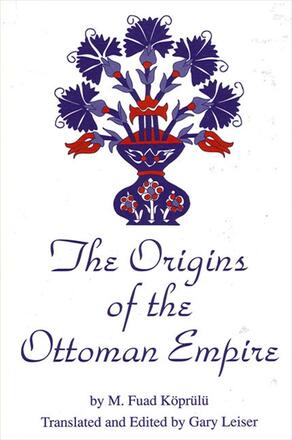
The Origins of the Ottoman Empire
Alternative formats available from:
Gives the first broad comprehensive account—political, religious, social, and economic—of the Turkish history of Anatolia in the thirteenth and fourteenth centuries, and outlines the major factors that led to the rise of the Ottomans.
Description
In The Origins of the Ottoman Empire, Köprülü criticized as unscientific the prevailing Western explanations of the origins of the Ottoman Empire. Leiser's translation from the Turkish reveals Köprülü's modern historiographic method, and his unique contribution in describing the nature of the relevant Muslim sources. Using these and other references, Köprülü gave the first broad comprehensive account—political, religious, social, and economic—of the Turkish history of Anatolia in the thirteenth and fourteenth centuries, and outlined the major factors that led to the rise of the Ottomans.
Gary Leiser is a Middle East Historian, Headquarters, Twenty-Second Air Force at Travis Air Force Base. He has also translated and edited A History of the Seljuks: Ibrahim Kafesogûlu's Interpretation and the Resulting Controversy.
Reviews
"The translation of Köprülü's seminal work into English is long overdue and sorely needed in the classroom. It is, therefore, a pleasure to see it translated most competently. Leiser's prose is smooth and limpid, which is an improvement over the author's often convoluted (though never opaque) narrative. The addition of a bibliography and the recasting of the footnotes is laudable.
"It deals with a most significant historical issue in an original, comprehensive and incisive manner. Especially impressive is the depth that the author brings to his subject as (among other things) an Islamicist, a dimension that is normally missing from scholars of Ottoman history. " — Ahmet T. Karamustafa, Washington University